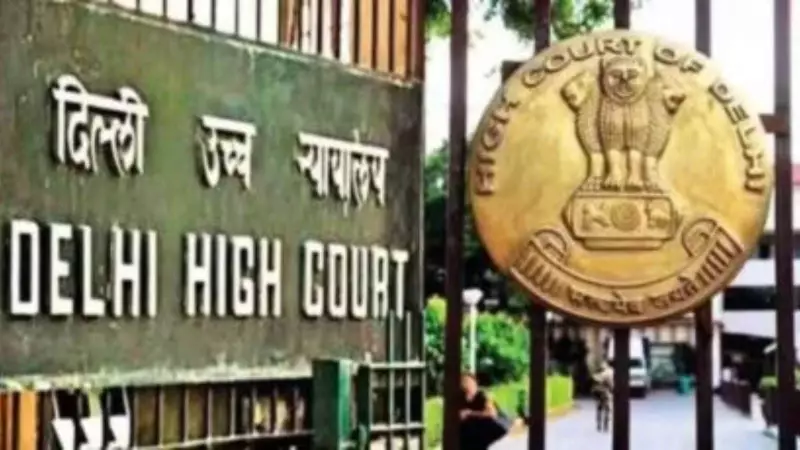
In a groundbreaking development that bridges international legal boundaries, the Delhi High Court has authorized virtual testimony from an American whistleblower in a high-stakes case involving prominent arms dealer Abhishek Verma. The ruling represents a significant advancement in how cross-border evidence is gathered in sensitive national security matters.
Virtual Courtroom Breakthrough
Justice Anoop Kumar Mendiratta delivered the landmark decision, permitting the Central Bureau of Investigation (CBI) to conduct a virtual examination of American national C. Edmonds Allen. The US-based whistleblower will provide testimony via video conferencing in the ongoing Official Secrets Act case that has captured national attention.
The court's progressive approach addresses the logistical challenges of international legal cooperation while ensuring that critical evidence reaches Indian investigators. This virtual testimony could prove pivotal in unraveling the complex web of allegations surrounding the controversial arms dealer.
The Whistleblower's Crucial Evidence
C. Edmonds Allen, who previously collaborated with Abhishek Verma in various business ventures, has emerged as a key witness in the investigation. His testimony is expected to shed light on several controversial documents and emails that form the core of the prosecution's case.
According to investigative agencies, Allen possesses critical information about sensitive defense documents that were allegedly mishandled. His virtual deposition could provide the missing pieces in this intricate legal puzzle that spans continents.
Legal Framework and Conditions
The Delhi High Court has established specific protocols to ensure the virtual proceedings maintain legal integrity. The testimony will be recorded according to Section 164 of the Criminal Procedure Code, with strict adherence to evidentiary standards.
Justice Mendiratta emphasized that all arrangements for the virtual examination must be coordinated through proper diplomatic channels, ensuring international legal protocols are respected while protecting India's national security interests.
Broader Implications for Cross-Border Justice
This ruling sets a significant precedent for future cases involving international witnesses in sensitive matters. By embracing technology, the Indian judiciary has demonstrated its adaptability in handling complex cases that transcend geographical boundaries.
The decision comes at a crucial time when digital evidence and international cooperation are becoming increasingly important in tackling sophisticated white-collar crimes and national security threats.
As the case continues to unfold, legal experts are watching closely to see how this virtual testimony might influence the trajectory of one of the most closely monitored legal battles in recent memory.





